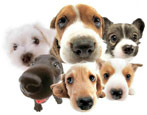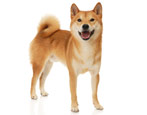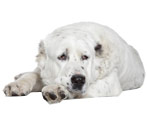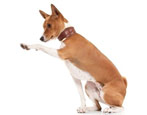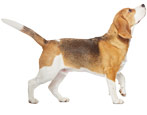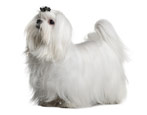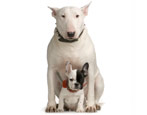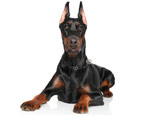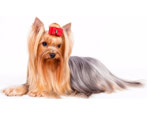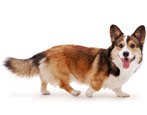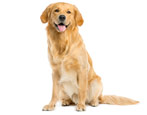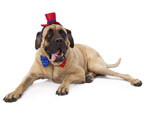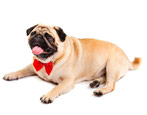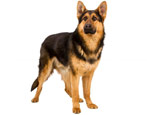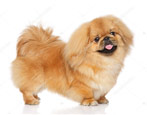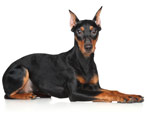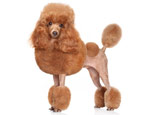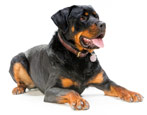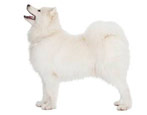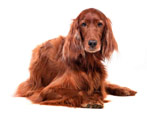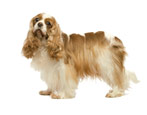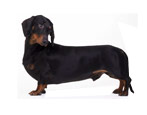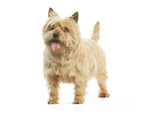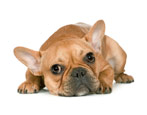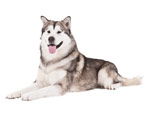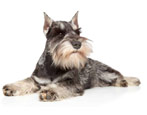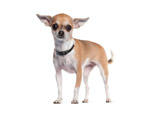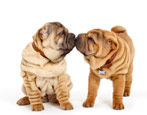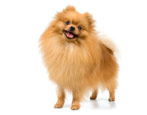How and what to feed a toy poodle?
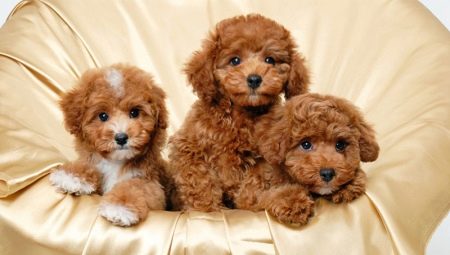
Each owner of a toy poodle - this cute, like a toy, dog - certainly thinks about how to feed his pet properly. A well-designed diet allows the animal to be active and strong.

Fundamental rules
- Feed on schedule and in a specific location. A puppy under the age of 3 months should be fed 5-6 times a day. If the poodle is already 3 months old, the food is reduced to 4 times a day. For a pet that has reached 6–12 months, it is enough to fill the bowl three times a day.
- The food bowl should sit comfortably at chest level.
- Train your dog not to ask for food from the table.
- If there is more than one dog in the apartment, each of the animals should be assigned an individual plate.
- After eating, it is recommended to wash the bowl thoroughly and remove it.
- Provide free access to clean water.
- Make it so that the host's dinner and breakfast does not coincide with the feeding time of the poodle.
- Do not mix dairy and meat foods.
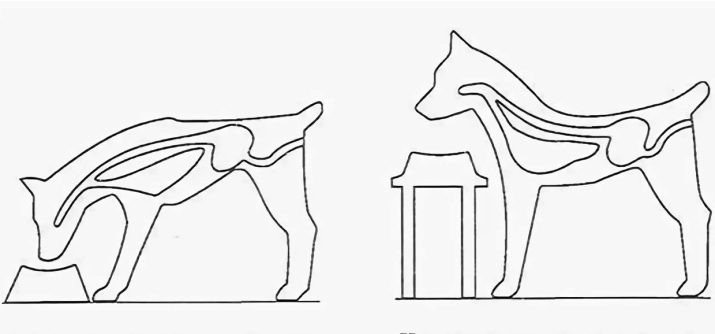
Feeding types
Natural food
If the owner settled on natural food, he needs some knowledge to prepare such food and a lot of patience, since it is impossible to predict the dog's reaction to food.
First of all, you need to find out what products the animal is allowed to give.
- Meat... It is obligatory cut into slices or passed through a meat grinder. For everyday meals, take turkey, beef, chicken, liver. Babies can be fed meat at 2–2.5 weeks.
- Eggs... The allowed amount is two per week. Exceeding this norm leads to the occurrence of allergies.
- Homemade kefir, milk, cottage cheese or yogurt. Milk is allowed to be given raw in an amount of 0.1-1 liters per day. In addition, calcined cottage cheese is of great benefit.To prepare it, take half a liter of milk, bring to a boil and put 1 tablespoon of calcium chloride in it. After waiting for the milk to coagulate, throw the resulting mass onto cheesecloth.
- Cereal liquid porridge: buckwheat, rice, millet, oatmeal. The water in which it is boiled does not need to be salted. Suitable for feeding not only adult dogs, but also puppies.
- A fish... It is allowed to give it no more than three times a week. Frozen sea fish are fed unprocessed. As for river fish, it is advisable to cook it. Fillets must certainly be freed from entrails, scales and bones.
- Fruits, berries and vegetables. There is a wide choice here: tomatoes, cabbage, cucumbers, beets, zucchini, apples, carrots, strawberries, radishes. It is customary to rub them on a grater or to plan them in small cubes. You can make a salad dressed with fish oil or sour cream. Alternatively, add raw vegetables or non-heat-treated fruits to the prepared porridge. Another option is to cook them together with cereals.
- If the dog does not refuse greenery (dandelion leaves, nettle, spinach, dill, parsley and other herbs from the garden), you can add it to a bowl with ready-made food or feed it separately.
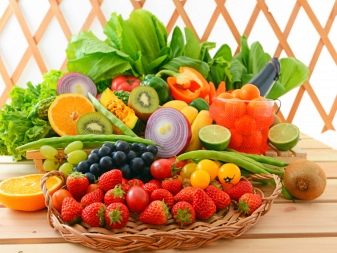
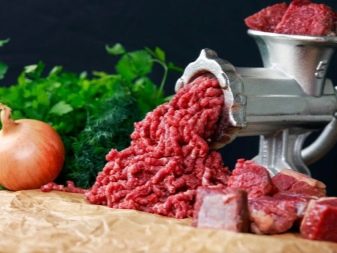
Vitamin or mineral supplements are optionally combined with natural nutrition.
It is useful to introduce sea kale and flaxseeds crushed in a coffee grinder into the diet. With a deficiency of mineral elements in the pet's body, yeast, coal, bone meal are used, which give the poodle a couple of teaspoons every day.
To maintain a full-fledged healthy life for a dog per 1 kilogram of mass per day, you must:
- proteins - 4-5 grams;
- mineral salts - 8-10 g;
- carbohydrates - 12-15 g;
- vitamins: PP - 10 mg, A - 1-5 mg, C - 10 mg, B - 2-3, 5 mg;
- fats - 1-2 gr.
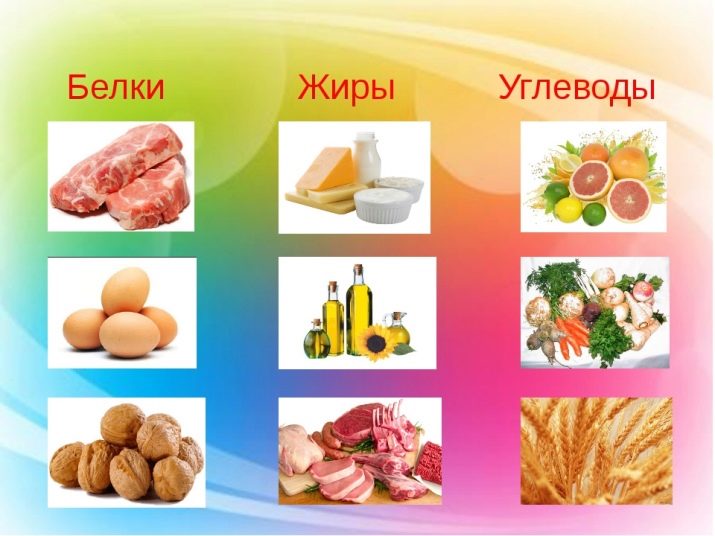
Recommended diet for a dog for a day:
- groats - 200 gr;
- fruits, vegetables - 150 gr;
- meat - 200 gr;
- dairy products and milk - 100 gr.
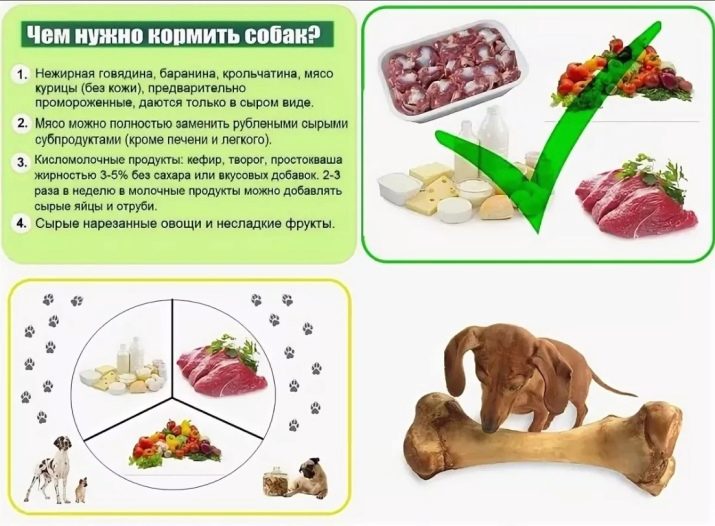
Dry food
The use of dry food makes it easier to care for the toy poodle. You can teach puppies to it from 1-3 months of age.
Granules already provide an optimal amount of dried vegetables, meat, mineral, vitamin and flavor elements.
The transition from homemade food to industrial food should be done slowly, for 10-14 days.
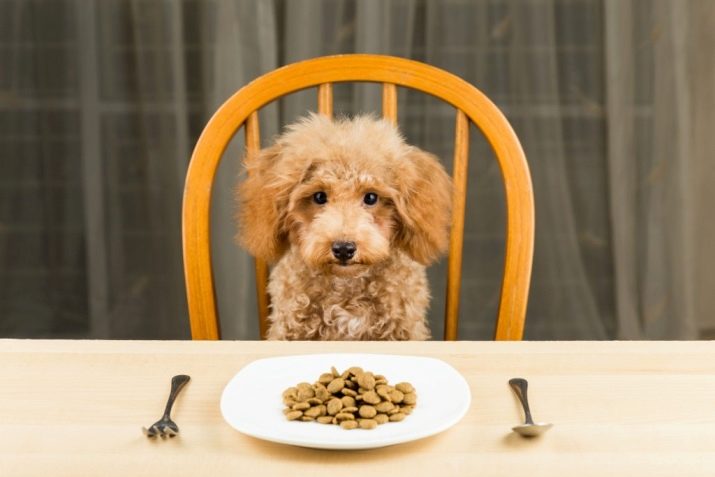
There are several types of dry product: economy, medium, premium, super premium and holistic.
While the poodle is small, it is recommended to treat it with a super premium class. Such food already contains minerals and vitamins, which help the correct construction and growth of the body of a young dog. If the pet suffers from allergies, it is possible to purchase a hypoallergenic version.
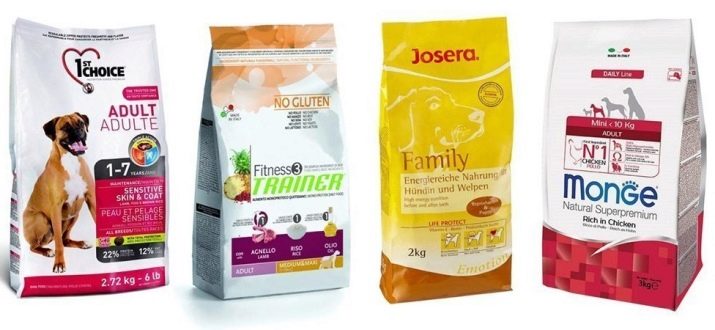
At first, dry puppy food is soaked in water.
When the animal has reached the age of 2–6 years and has no health problems, it can be fed with the medium line. However, it is imperative to add a complex of minerals and vitamins to the diet.
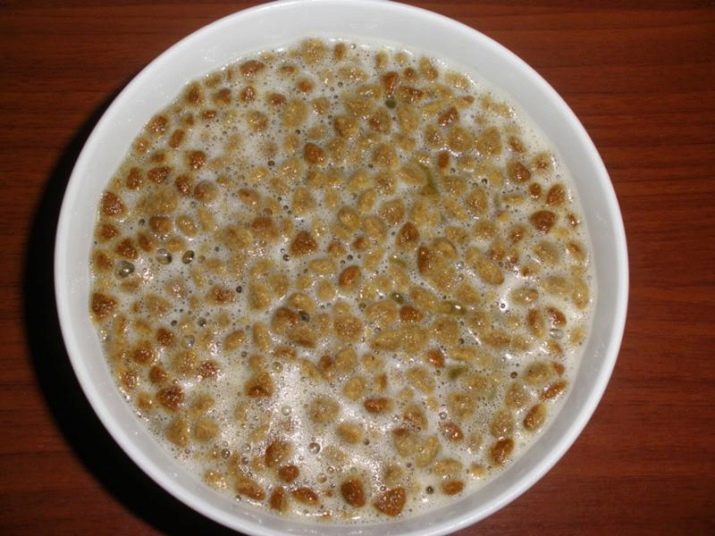
If the dog is elderly or old, it is advised to buy food from the holistic or super premium line.... If the poodle's teeth begin to fall out, dry food should be changed to semi-moist.
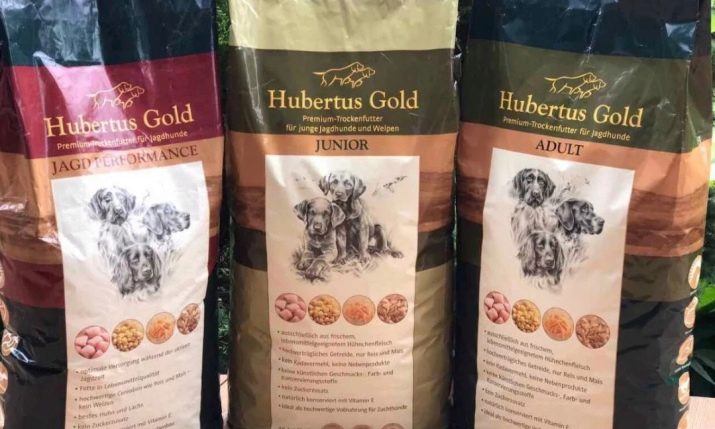
But veterinarians reject the food of the economy line, since they are made as a whole from waste of meat products and legumes, and therefore are not useful. On the contrary, such food can be harmful due to the salts it contains, enhancing the taste of ingredients, and colors.
The most popular dry food companies are Purina Pro Plan, Eukanuba, Hill's, Acana and Royal Canin.
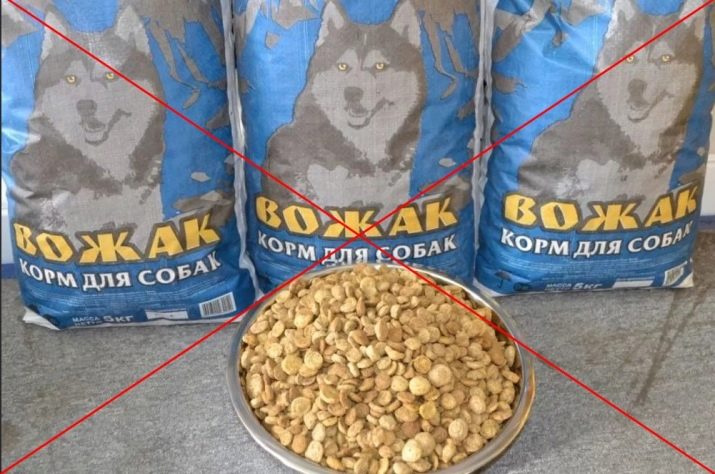
Mixed meals
Veterinarians cannot unequivocally recognize the benefits of this type of pet care. Such nutrition is expressed in combining dry food with cottage cheese, vegetables, meat. As a rule, porridge is not mixed with an industrial dry product. Many believe that a supplement in the form of kefir or yogurt tones up the intestinal environment. It is forbidden to change food within one day, that is, feed with porridge for breakfast, and dry food for dinner. This negatively affects the functioning of the gallbladder and pancreas.
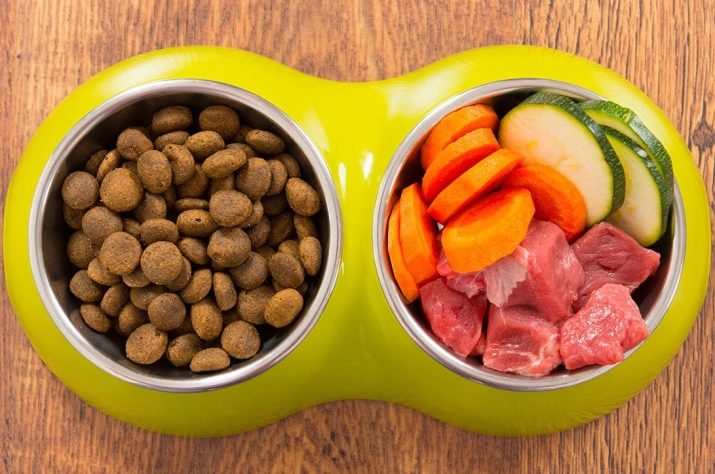
What foods are prohibited?
A caring owner will try to avoid feeding the dog food that can cause digestive problems. These include:
- sweets;
- peas;
- biscuits;
- chocolate;
- mutton;
- smoked meats, pickles, pickled food;
- fat meat;
- sausages;
- bones (fish, bird, beef);
- beans;
- very thick porridge;
- sausage;
- salt;
- spices;
- caramel;
- spoiled products (sour, rotten);
- shell of eggs;
- onion;
- nuts;
- beer;
- Garnet;
- canned fish;
- honey;
- grapes, raisins;
- plums;
- apricots;
- fresh bread, pasta;
- pork;
- soy.
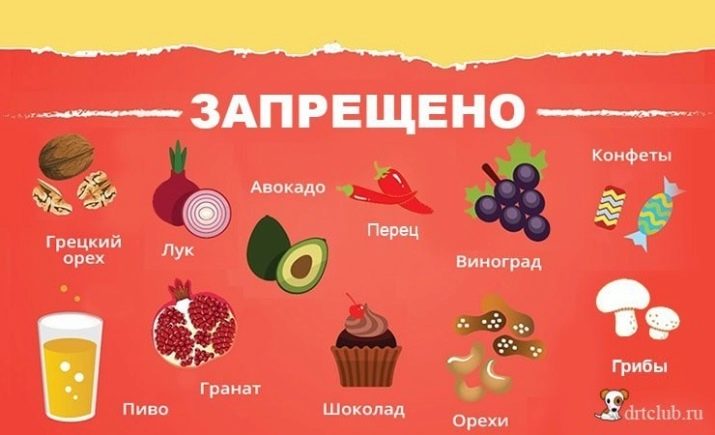
Sweeteners, especially xylitol, are very dangerous for poodles. Honey, despite its benefits, can provoke allergies. Feeding sweets entails metabolic disorders, obesity and otitis media. Tubular bones can injure the stomach of an animal.
All types of sausages and smoked meats harm the dog's intestines, provoking malfunctioning of the liver, pancreas, and indigestion.
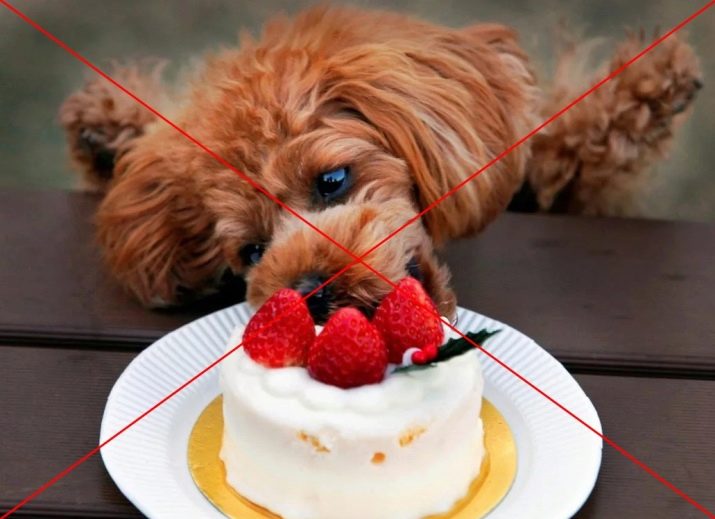
The story about the breed is in the next video.
